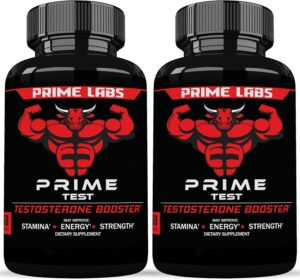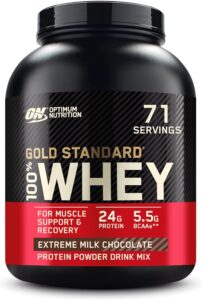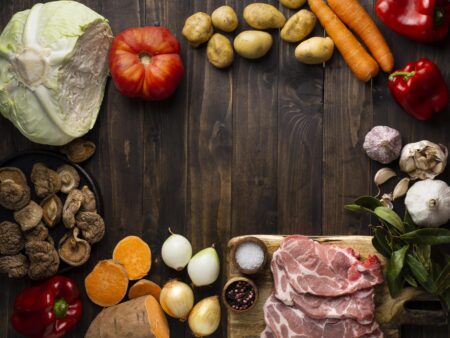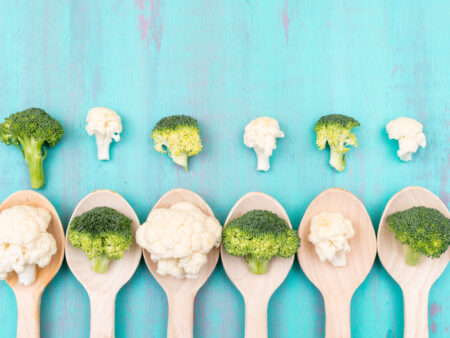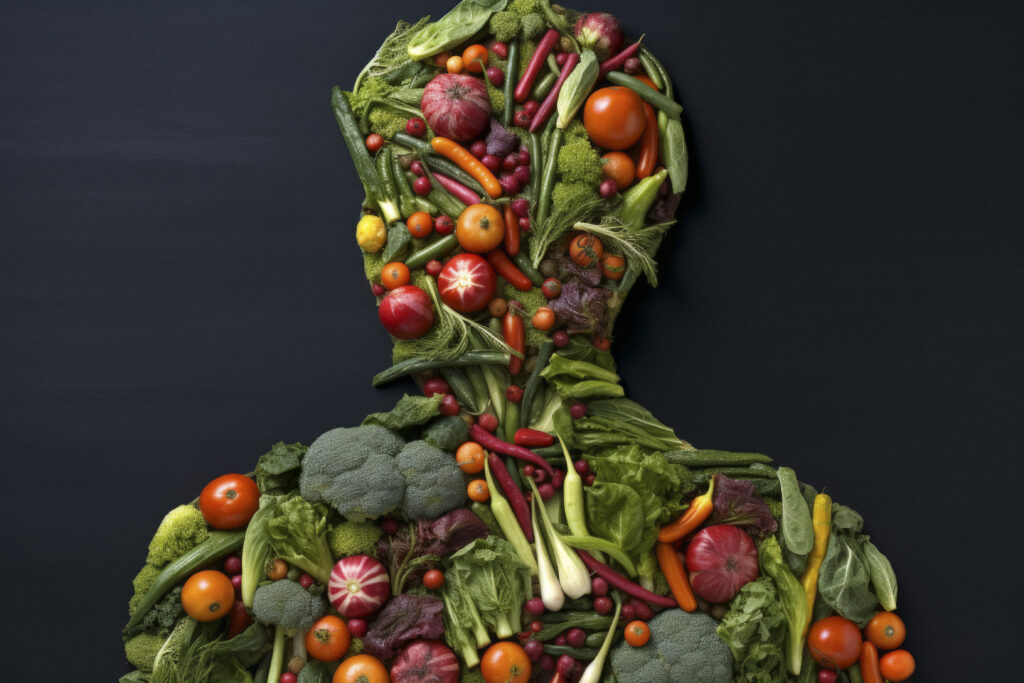
Diet trends have been taking centre stage as more people focus on improving their health and well-being. One of the emerging diets is the “Dopamine Diet,” which promises not just weight loss but also an improvement in mood by boosting levels of dopamine, the so-called “feel-good” hormone. But what exactly is the dopamine diet? How does it work, and can it really improve both your waistline and your happiness?
This article will walk you through the essentials of the dopamine diet, its potential benefits, what foods to include, and how to maintain a balanced approach to nutrition while adhering to its guidelines.
What is Dopamine?
Before diving into the diet, let’s understand what dopamine is. Dopamine is a neurotransmitter—a chemical in the brain that transmits signals between nerve cells. It’s involved in many functions such as movement, motivation, pleasure, and reward. When dopamine levels rise, you tend to feel happier and more motivated. Low dopamine levels, on the other hand, can lead to feelings of fatigue, apathy, and in some cases, depression.
Dopamine is also involved in reinforcing behaviours that lead to pleasurable outcomes, such as eating delicious food, socialising, or achieving a goal. When you accomplish something, your brain rewards you by releasing dopamine, giving you that rush of satisfaction and encouraging you to pursue similar actions in the future.
What is the Dopamine Diet?
The Dopamine Diet, also called the “Happiness Diet,” is designed to increase dopamine levels through the consumption of specific foods. The theory behind the diet is that by eating foods that naturally boost dopamine production, you can not only lose weight but also elevate your mood and motivation, helping you stick to your diet in the long term.
The diet was popularised by celebrity chef Tom Kerridge, who successfully lost a significant amount of weight using this method. Kerridge, who battled with his weight for years, credits the dopamine diet for his successful transformation. According to him, focusing on foods that increase dopamine made the dieting process easier because he felt happier and more motivated throughout the journey.
The dopamine diet encourages consuming foods rich in proteins, healthy fats, and nutrients that are believed to stimulate dopamine production while avoiding processed foods, sugary snacks, and other “empty-calorie” foods that can cause blood sugar spikes and crashes, negatively affecting both mood and weight.
How Does the Dopamine Diet Work?
The diet centres around the idea that certain foods can naturally boost dopamine levels, helping improve mood, energy levels, and motivation to stay on track. While dopamine itself is not directly found in food, the body synthesises it from an amino acid called tyrosine, which is found in many protein-rich foods.
When you eat foods that are high in tyrosine, your body can produce more dopamine, resulting in a better mood and higher levels of motivation. This positive reinforcement may help people stick to the diet more effectively, as they experience fewer mood swings and cravings.
The dopamine diet works by focusing on foods that:
- Are high in tyrosine: This is an amino acid that the brain converts into dopamine. Tyrosine-rich foods are key players in the dopamine diet.
- Contain healthy fats: Omega-3 fatty acids and other healthy fats are essential for brain function and can help improve mood.
- Are low in sugar: High-sugar foods can cause fluctuations in blood sugar levels, leading to energy crashes and low mood.
- Promote weight loss: While boosting dopamine, the diet also aims to reduce calorie intake, leading to weight loss.
Key Foods to Include
Here are some of the main food groups and items recommended on the dopamine diet:
1. Lean Protein
Protein is an essential part of the dopamine diet, as it contains the amino acids necessary for dopamine production. Foods high in tyrosine are especially important. These include:
- Chicken
- Turkey
- Lean cuts of beef and pork
- Eggs
- Fish (particularly oily fish like salmon, which is also high in omega-3 fatty acids)
- Tofu and tempeh
- Beans and legumes (such as black beans, lentils, and chickpeas)
2. Dairy Products
Dairy is another source of protein and can also provide tyrosine. Opt for low-fat options to keep calories in check. Examples include:
- Low-fat yoghurt
- Cottage cheese
- Milk
- Cheese (in moderation)
3. Nuts and Seeds
Nuts and seeds are rich in healthy fats, fibre, and protein. Many are also good sources of tyrosine. Examples include:
- Almonds
- Walnuts
- Sunflower seeds
- Pumpkin seeds
- Flaxseeds
These can be eaten as snacks or added to meals for an extra boost of nutrients.
4. Fruits and Vegetables
Fruits and vegetables are vital in any healthy diet, and the dopamine diet is no exception. Some fruits, in particular, are known for their dopamine-boosting properties. These include:
- Bananas: High in tyrosine and potassium, bananas are great for energy and mood.
- Apples: Contain quercetin, which is believed to help maintain dopamine levels.
- Berries: Blueberries, strawberries, and raspberries are rich in antioxidants and can support brain health.
- Leafy greens: Spinach, kale, and Swiss chard are rich in vitamins and minerals that support overall well-being.
- Avocados: Packed with healthy fats, avocados can support brain function.
5. Dark Chocolate
If you’re a chocolate lover, you’ll be happy to know that dark chocolate, particularly varieties with a high cocoa content (70% or more), can increase dopamine levels. Dark chocolate contains flavonoids, which have antioxidant effects and can help improve blood flow to the brain.
6. Whole Grains
Whole grains provide fibre, which helps with digestion and keeps you feeling full for longer. They are also important for keeping your blood sugar levels stable, which can positively impact mood. Choose options like:
- Oats
- Brown rice
- Whole wheat bread
- Quinoa
- Barley
7. Healthy Fats
Omega-3 fatty acids are crucial for brain health and are thought to have mood-boosting effects. Foods rich in healthy fats include:
- Salmon
- Mackerel
- Flaxseeds
- Chia seeds
- Olive oil
- Avocados
8. Herbs and Spices
Certain herbs and spices can also enhance the flavour of your meals while providing health benefits. For example:
- Turmeric: Known for its anti-inflammatory properties, it can support brain health.
- Oregano: Contains antioxidants that may help protect brain cells.
Foods to Avoid
The dopamine diet also emphasises avoiding certain foods that can lead to a drop in dopamine levels or negatively impact your overall mood and health. These include:
- Sugary foods: Sweets, pastries, and other sugar-laden treats can cause spikes and crashes in your blood sugar, leading to mood swings.
- Processed foods: Foods high in unhealthy fats and artificial ingredients may negatively affect brain function and mood.
- Alcohol: While alcohol can offer a temporary mood boost, it can lower dopamine levels in the long run.
- Caffeine: Though caffeine may offer a short-term boost in energy, too much of it can lead to anxiety and mood crashes later on.
Potential Benefits of the Dopamine Diet
The dopamine diet can offer several benefits:
1. Weight Loss
Since the diet focuses on whole, unprocessed foods that are high in protein and healthy fats, it can lead to natural weight loss. These foods are also more filling, which can help curb cravings and prevent overeating.
2. Mood Improvement
By boosting dopamine levels through food choices, you may experience enhanced mood and motivation, which can help in sticking to the diet.
3. Better Brain Health
The inclusion of foods rich in omega-3 fatty acids, antioxidants, and vitamins may support overall brain health, improving cognitive function, memory, and focus.
4. More Stable Energy Levels
By focusing on whole grains, lean proteins, and healthy fats, the dopamine diet can help stabilise blood sugar levels, resulting in more consistent energy throughout the day.
Drawbacks and Considerations
While the dopamine diet has many benefits, it’s not without its drawbacks. For one, it can be difficult to avoid certain foods, especially if you’re used to a diet that includes processed foods and sugary snacks. Transitioning to a diet high in whole foods may take time, and some people may find it challenging to maintain.
Additionally, while the diet can help boost dopamine, it is not a cure for conditions like depression or anxiety. If you’re struggling with mental health issues, it’s important to seek professional help rather than relying solely on dietary changes.
The dopamine diet is an appealing option for those looking to lose weight while also boosting their mood. By focusing on foods that naturally increase dopamine levels, the diet offers a sustainable approach to weight loss that may be easier to maintain than more restrictive diets. However, like any diet, it’s essential to maintain a balanced approach and not rely solely on food to improve mental health. Combining the dopamine diet with regular physical activity, adequate sleep, and stress management can lead to even better results.

